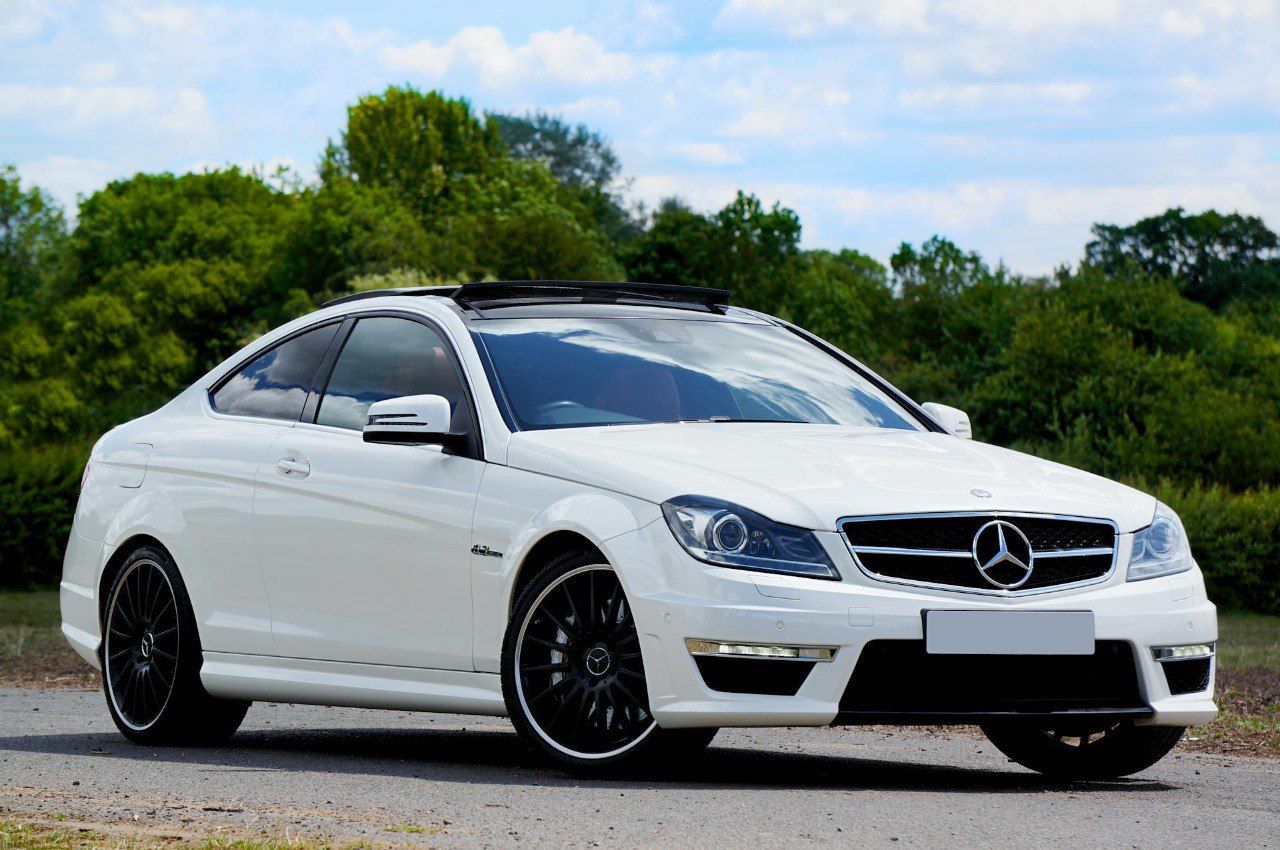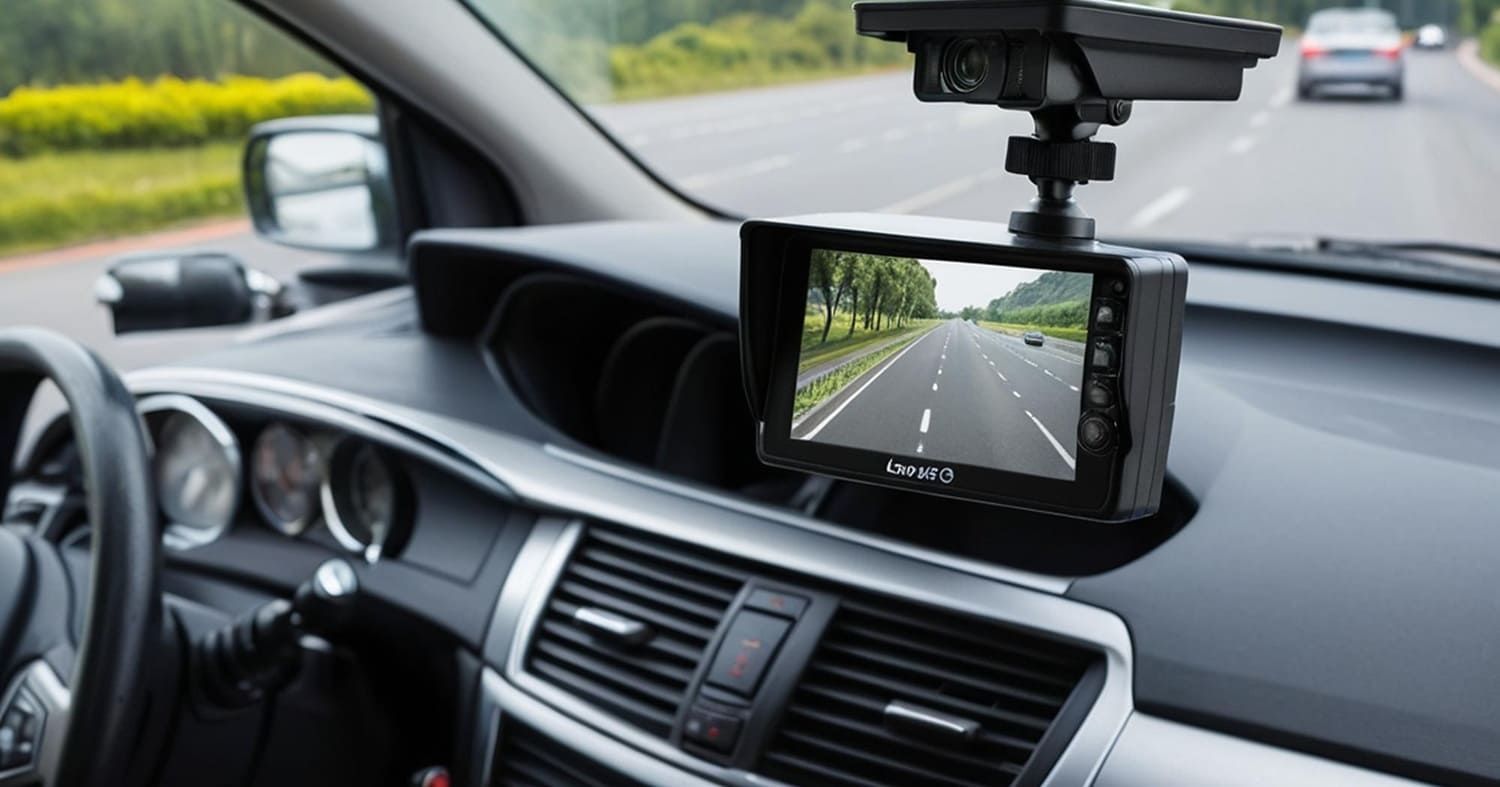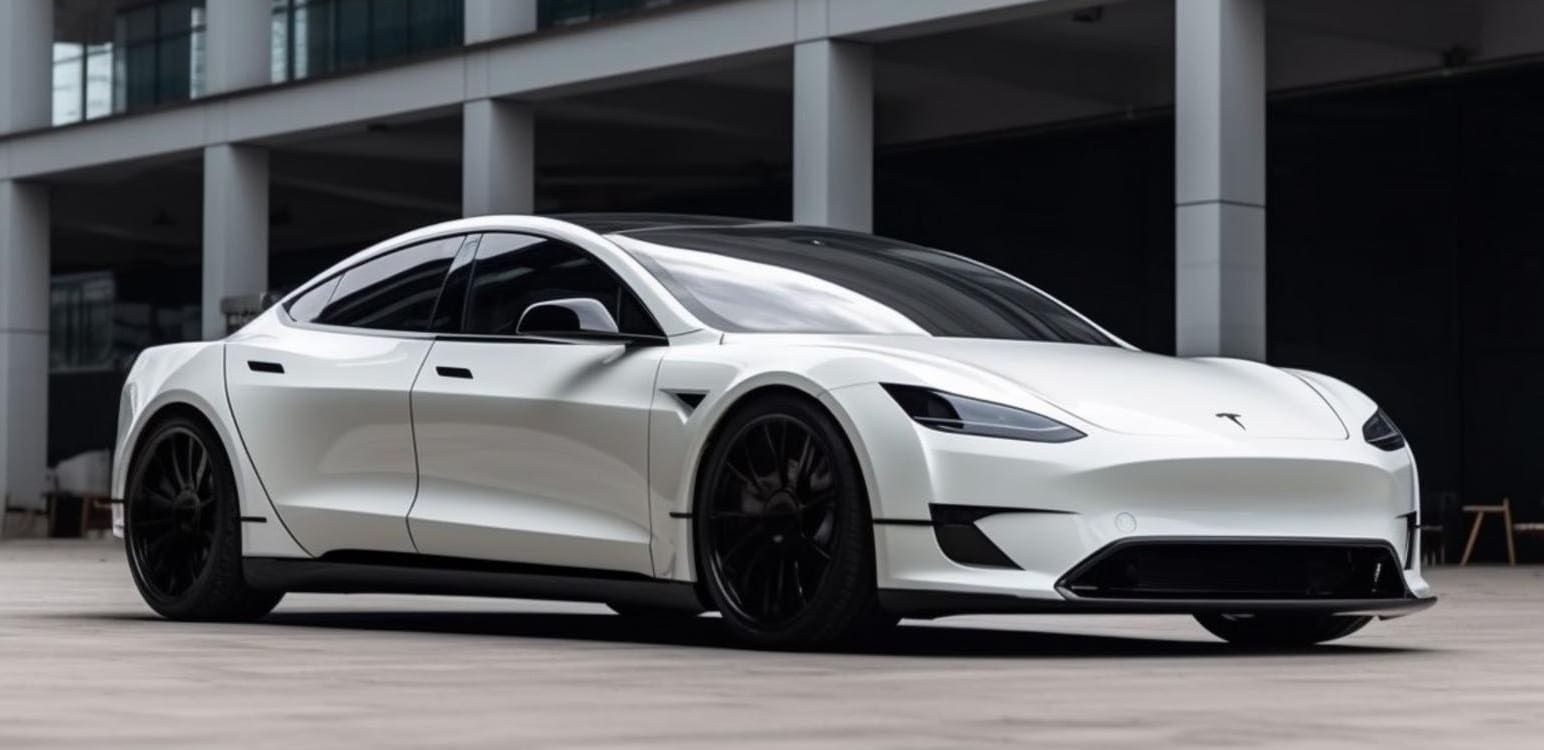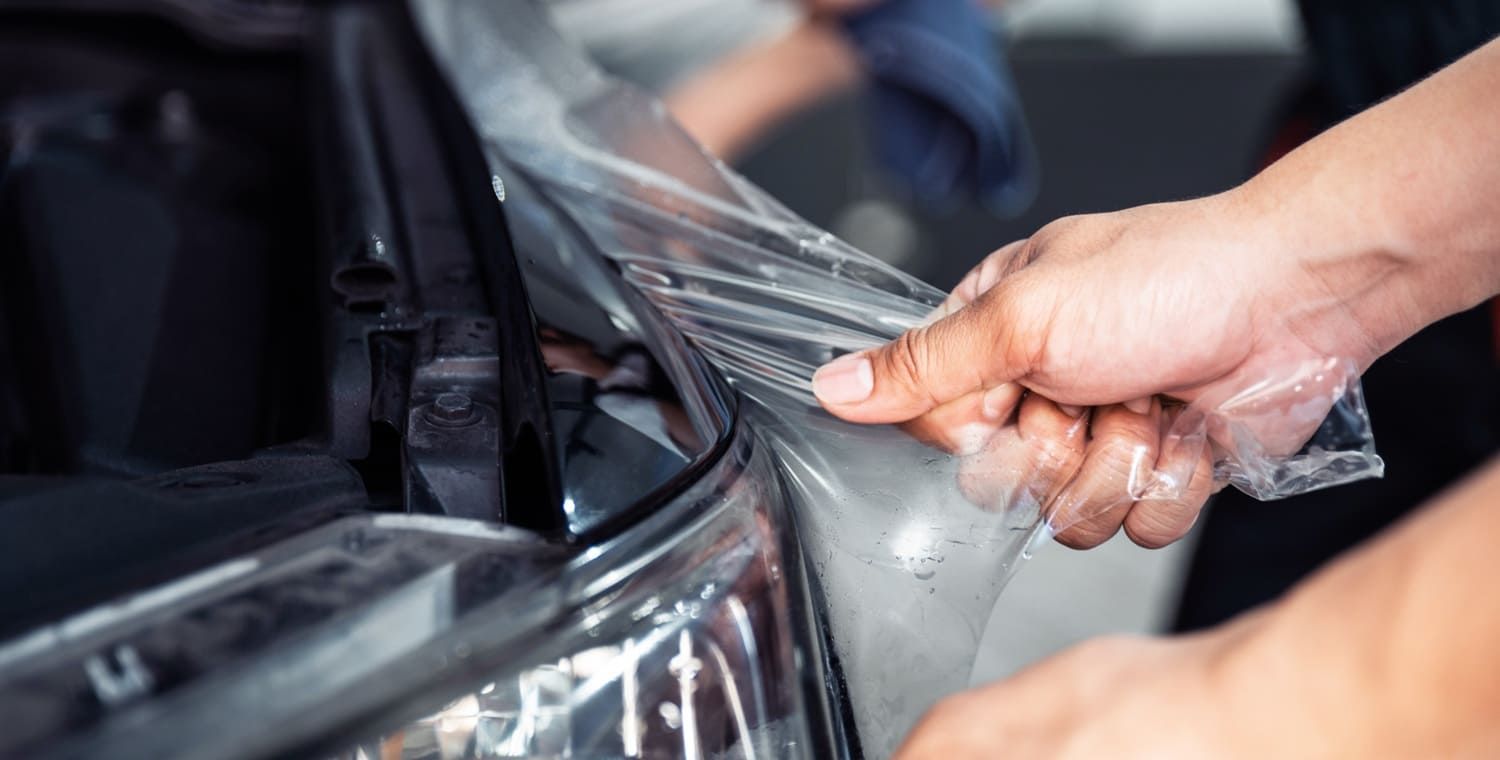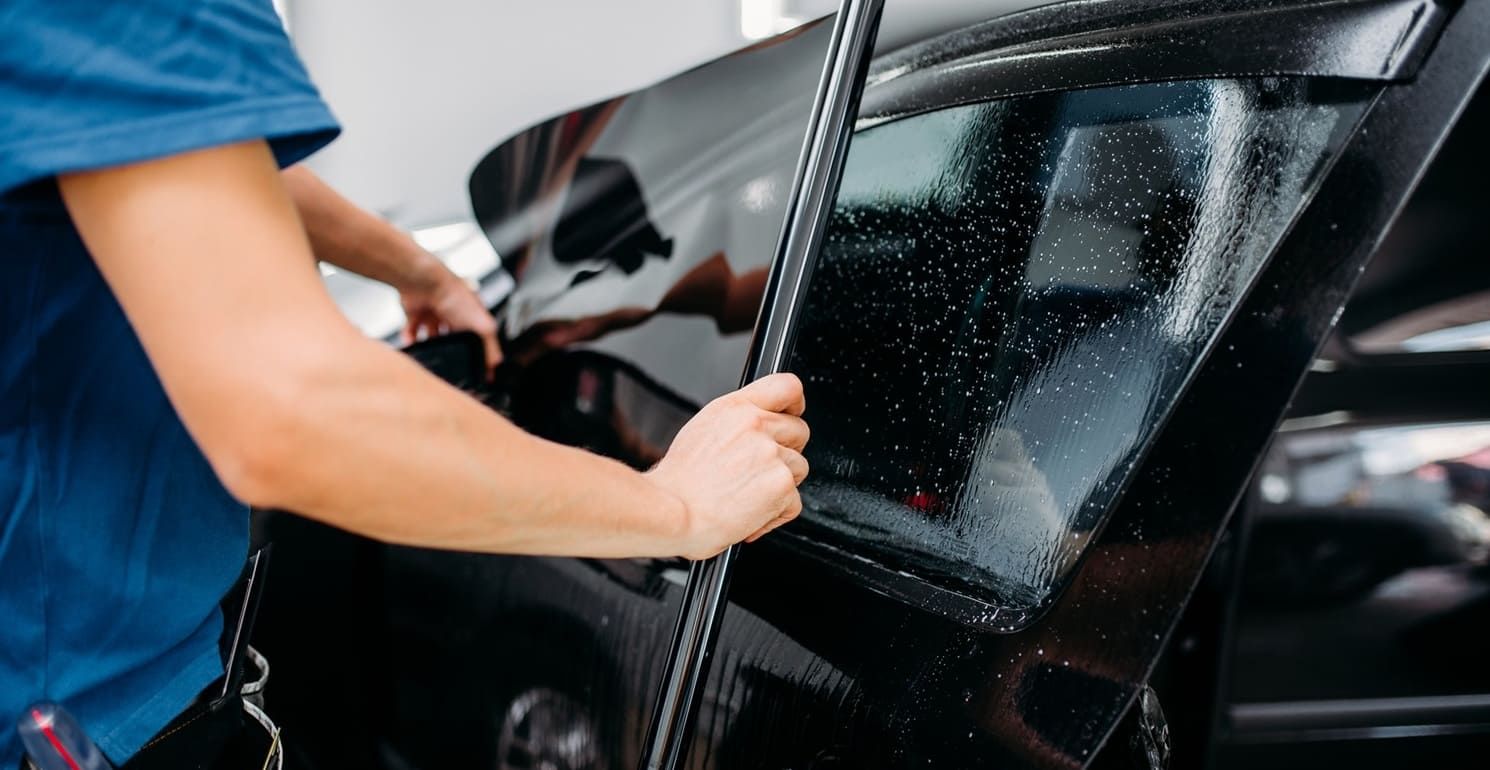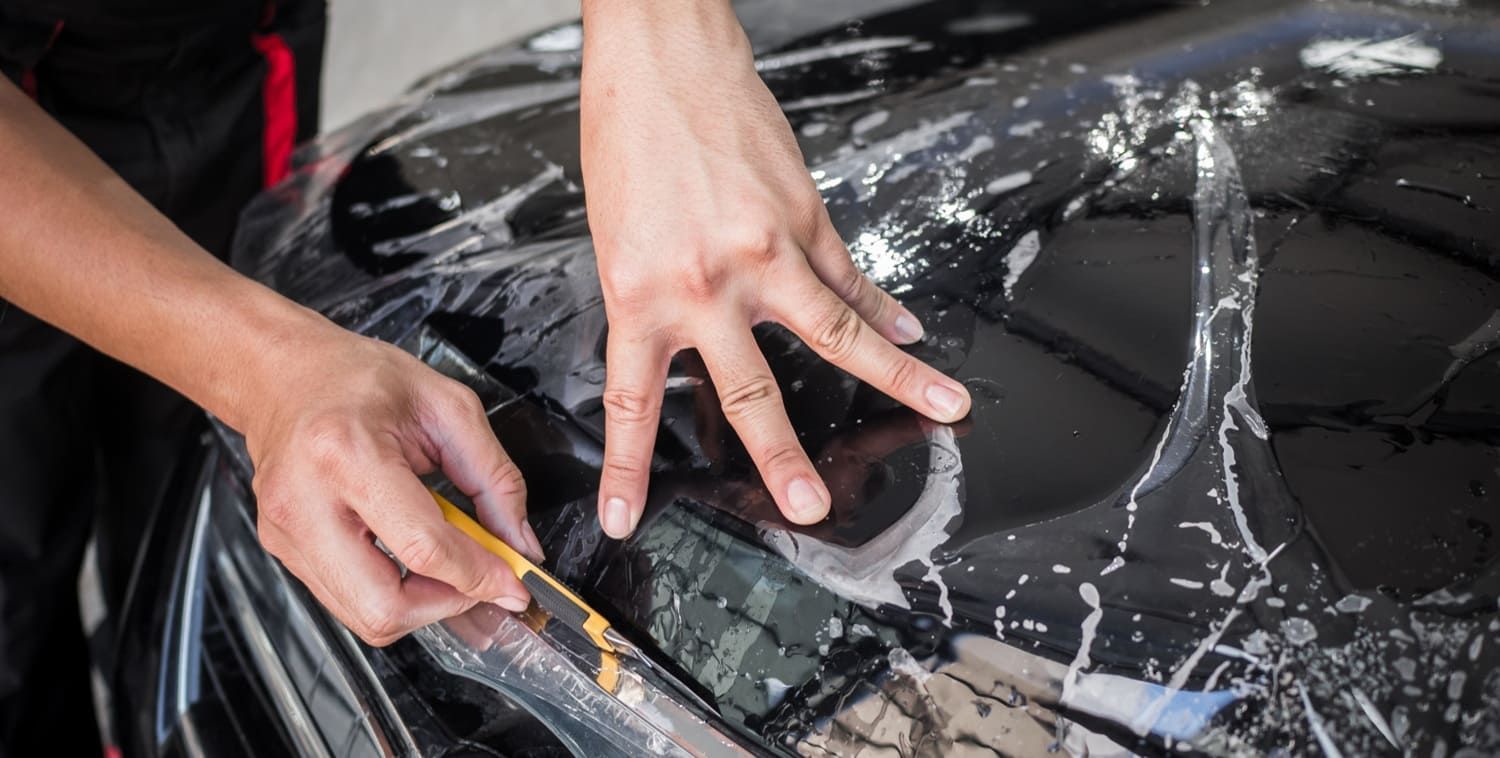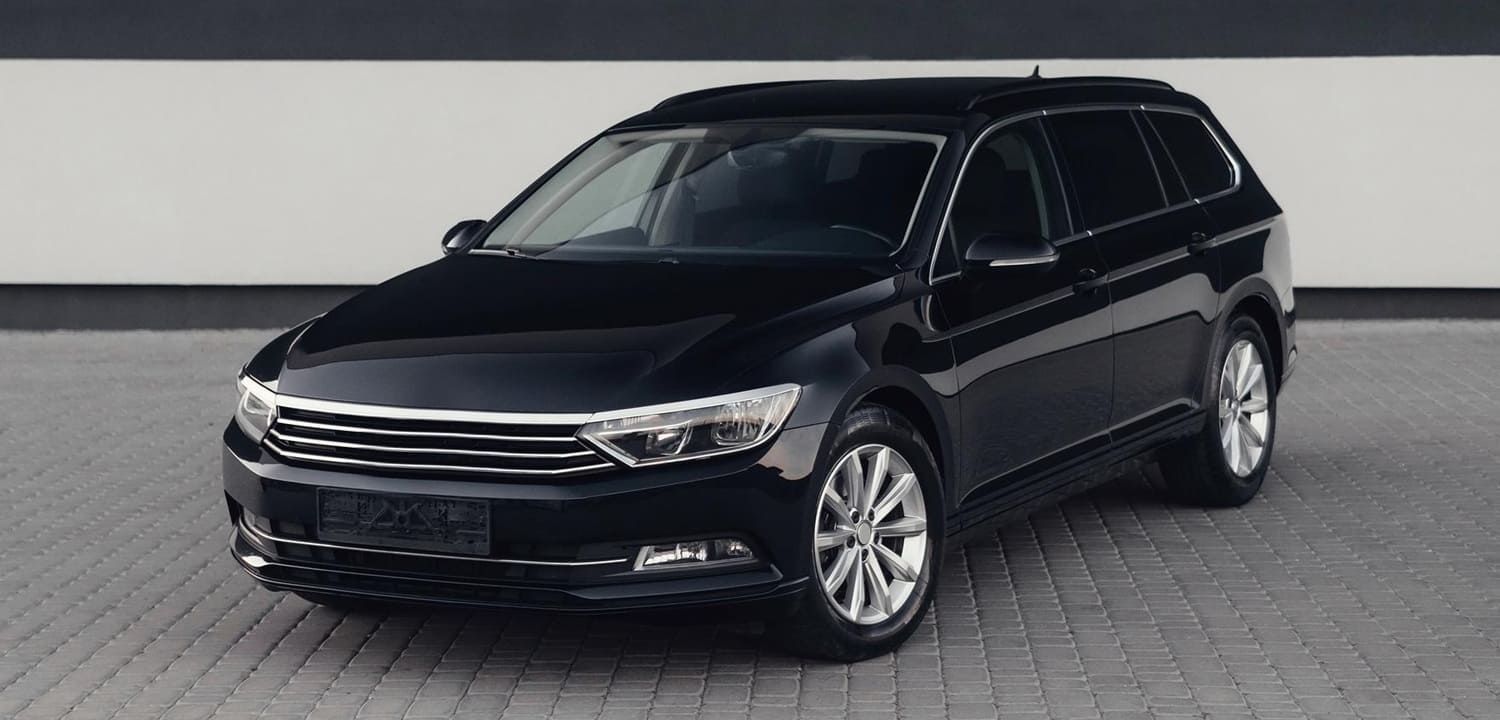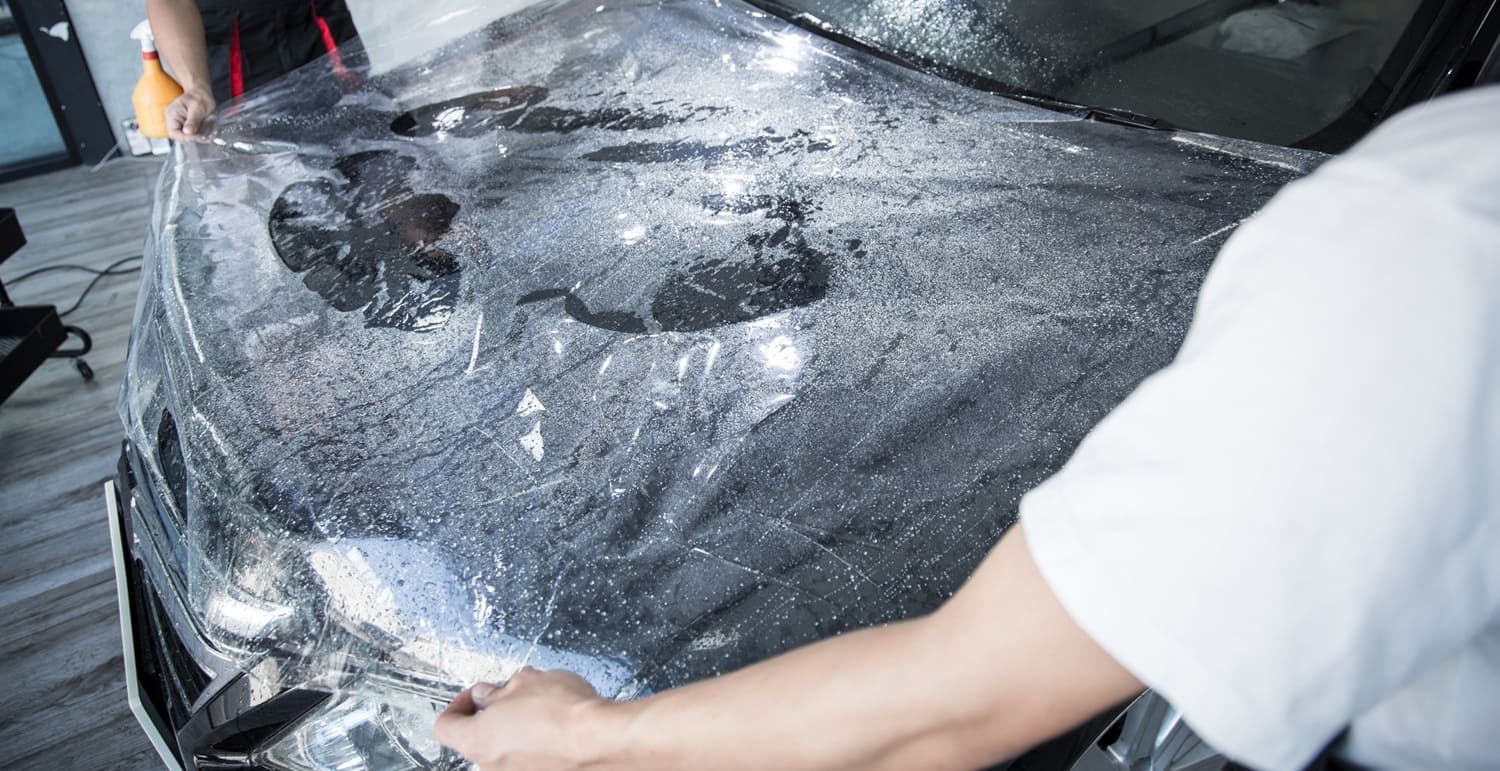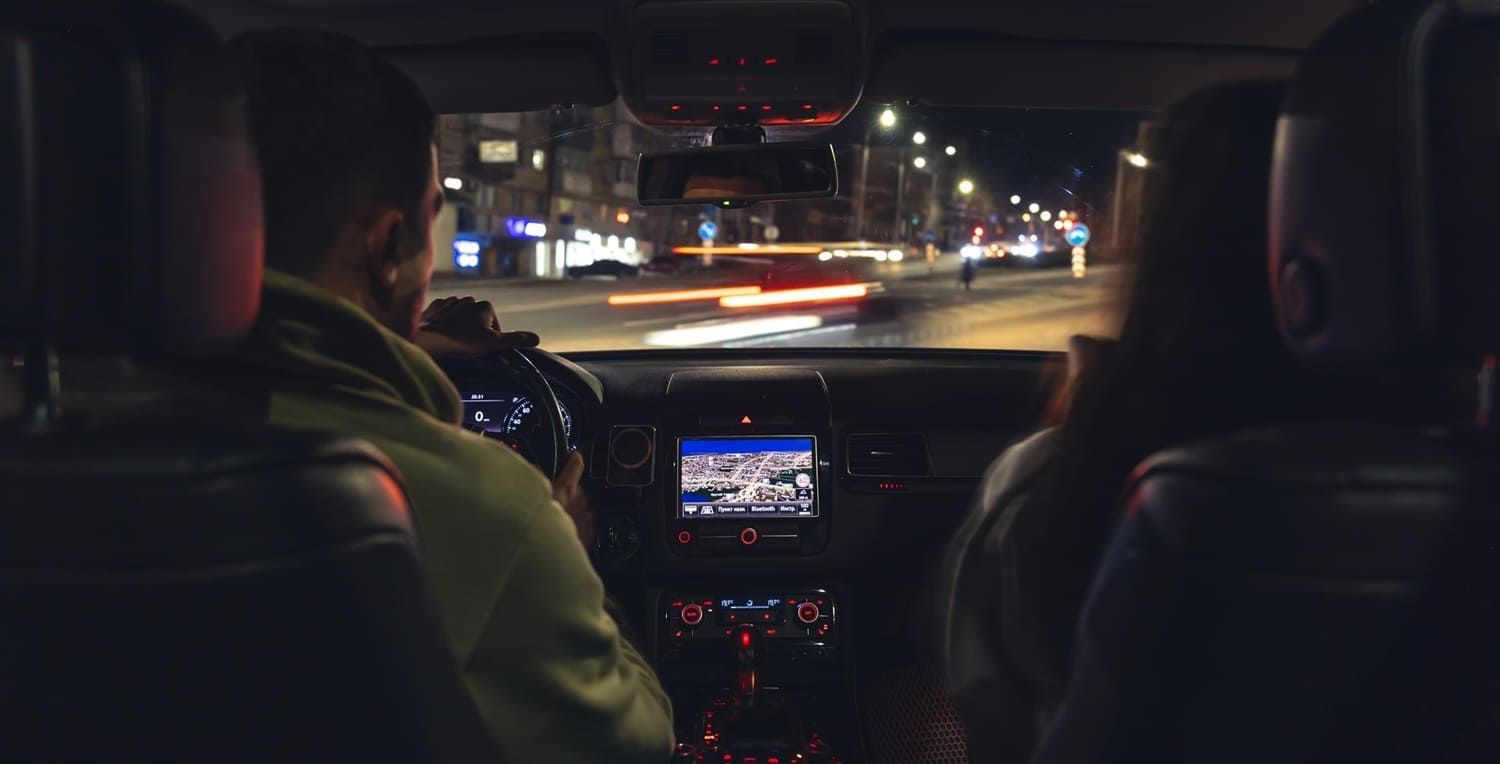How Long Does Car Window Tint Last? Explained
In this article, we'll explore the factors that affect the lifespan of car window tint, the types of tints available, and tips for ensuring your tint lasts as long as possible. By gaining insight into these aspects, you can optimize the longevity of your window tint and maximize the return on your investment. Whether you're considering window tinting for the first time or looking to replace an existing tint, understanding these key factors will guide you in making the best choice for your vehicle.
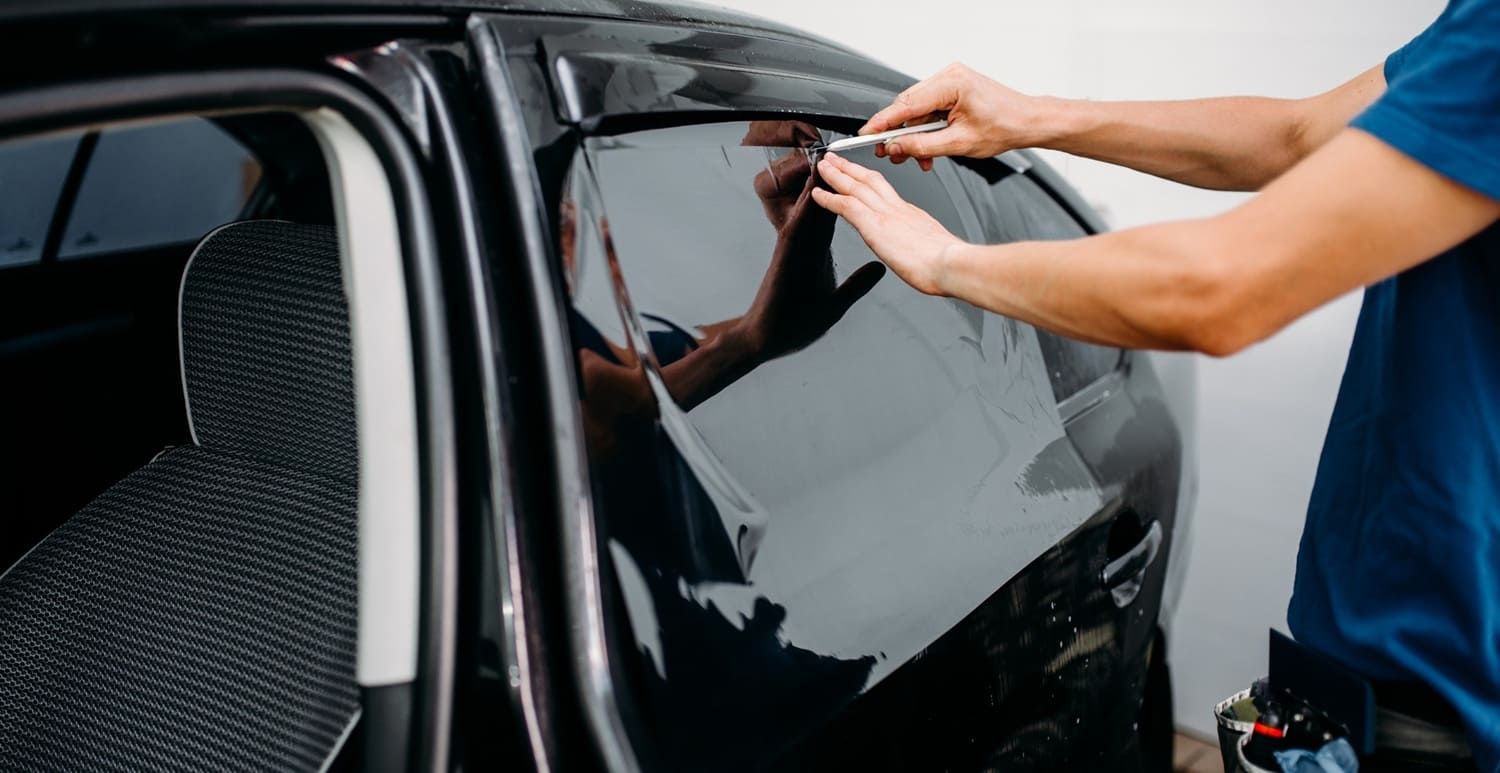
Understanding Car Window Tint Durability
Car window tint durability can vary significantly based on several factors. While some tints are designed to last for decades, others may need replacement within a few years. The durability depends on the quality of the tint film, the installation process, and environmental factors. Each of these elements plays a crucial role in determining how well the tint will perform and how long it will maintain its appearance and effectiveness.
Quality of Tint Film
One of the most critical factors in determining how long your car window tint will last is the quality of the tint film itself. High-quality films are often more resistant to fading, bubbling, and peeling, which can occur over time. Investing in a premium tint film can provide better protection against the sun's rays and more durability against wear and tear.
There are different types of tint films available, each offering unique characteristics and benefits:
- Dyed Window Tint: This is the most economical option but tends to fade more quickly than other types. It offers a dark appearance but doesn't provide as much heat resistance. The dyed tint works by absorbing solar heat, which can lead to quicker degradation in sunny climates.
- Metalized Window Tint: This type incorporates metallic particles that reflect heat and UV rays. It's more durable than dyed tint but can interfere with electronic signals. Its reflective nature not only enhances UV protection but also provides a more robust barrier against heat.
- Carbon Window Tint: This tint provides a matte finish with excellent heat rejection and doesn't fade as quickly as dyed tint. Carbon tints are known for their ability to block infrared light effectively, which helps keep car interiors cooler.
- Ceramic Window Tint: Known for its high durability and heat rejection, ceramic tint is among the best options available, though it is more expensive. Ceramic tints offer superior clarity and reduce glare without compromising on performance, making them ideal for drivers who want both aesthetics and functionality.
Installation Process
The installation process plays a crucial role in the longevity of your car window tint. Professional installation ensures that the film is applied evenly and without bubbles, which can lead to peeling or cracking. A poorly installed tint can compromise the integrity of the film, leading to premature failure and the need for replacement.
If the tint is not properly installed, it may not adhere well to the window, reducing its lifespan. Choosing a reputable installer with experience and good reviews can make a significant difference. A skilled installer will have the right tools and techniques to ensure a perfect fit and finish, maximizing the lifespan of your tint.
Factors Affecting Tint Longevity
Several environmental factors can impact the lifespan of your car window tint. Understanding these can help you take steps to protect your tint and ensure it lasts as long as possible. By recognizing the potential challenges posed by your environment, you can adopt strategies to mitigate their effects and preserve your tint's quality.
Sun Exposure
The amount of direct sunlight your car is exposed to can significantly affect the durability of the window tint. Constant exposure to UV rays can cause the tint to fade or deteriorate faster. Parking in shaded areas or using a car cover can help protect the tint from sun damage. In regions with intense sunlight, tint degradation can occur more rapidly, making shade a crucial factor in extending tint life.
Prolonged exposure to sunlight not only affects the tint's color but can also impact its adhesive properties. Over time, heat can weaken the adhesive, causing bubbles or peeling. Regularly parking in a garage or using sunshades can significantly reduce these risks and extend the tint's lifespan.
Climate Conditions
Extreme weather conditions, such as high heat, cold, and humidity, can also affect the lifespan of window tint. In hot climates, the heat can cause the tint to bubble or peel, while cold temperatures can make it brittle. Each climate presents its own challenges, and understanding these can help in selecting the right type of tint for your vehicle.
Humidity can exacerbate the problems caused by temperature extremes, leading to moisture buildup between the glass and tint film. This can weaken the bond and promote peeling. Taking climate into consideration when choosing a tint film can ensure better performance and longevity under specific environmental conditions.
Cleaning and Maintenance
Proper cleaning and maintenance are essential for ensuring the longevity of your car window tint. Using harsh cleaning chemicals or abrasive materials can scratch or damage the film. Instead, use a soft cloth and a mild cleaner to gently clean the windows. Regular cleaning helps maintain the appearance and functionality of the tint, preventing the buildup of dirt and grime that can cause wear over time.
Avoiding ammonia-based cleaners is crucial, as they can deteriorate the tint film and cause it to break down prematurely. Opt for tint-safe cleaning solutions specifically designed to maintain the integrity of window films. By adopting a regular maintenance routine, you can preserve your tint's quality and extend its useful life.
Tips for Extending the Life of Your Window Tint
Here are some practical tips to help you extend the life of your car window tint:
- Choose Quality Tint: Invest in a high-quality tint film that suits your needs and budget. While it may cost more upfront, it will likely last longer and save you money in the long run. High-quality tints offer better UV protection, heat rejection, and aesthetic appeal.
- Professional Installation: Always opt for professional installation to ensure the tint is applied correctly and evenly, reducing the risk of peeling or bubbling. Experienced installers can tailor the application to your vehicle's specifications, ensuring a seamless fit.
- Park Smart: Whenever possible, park your car in shaded areas or use a car cover to protect the tint from direct sunlight and extreme weather conditions. This simple habit can significantly extend the life of your tint and maintain its appearance.
- Gentle Cleaning: Use non-abrasive materials and mild cleaning solutions to clean your windows. Avoid ammonia-based cleaners, as they can damage the film. Regular cleaning with the right products helps maintain the tint's clarity and effectiveness.
- Regular Inspections: Periodically inspect your window tint for signs of wear and tear, such as fading, bubbling, or peeling. Addressing issues early can prevent further damage. Catching problems early allows for timely repairs or replacement, minimizing disruptions and maintaining your vehicle's aesthetics.
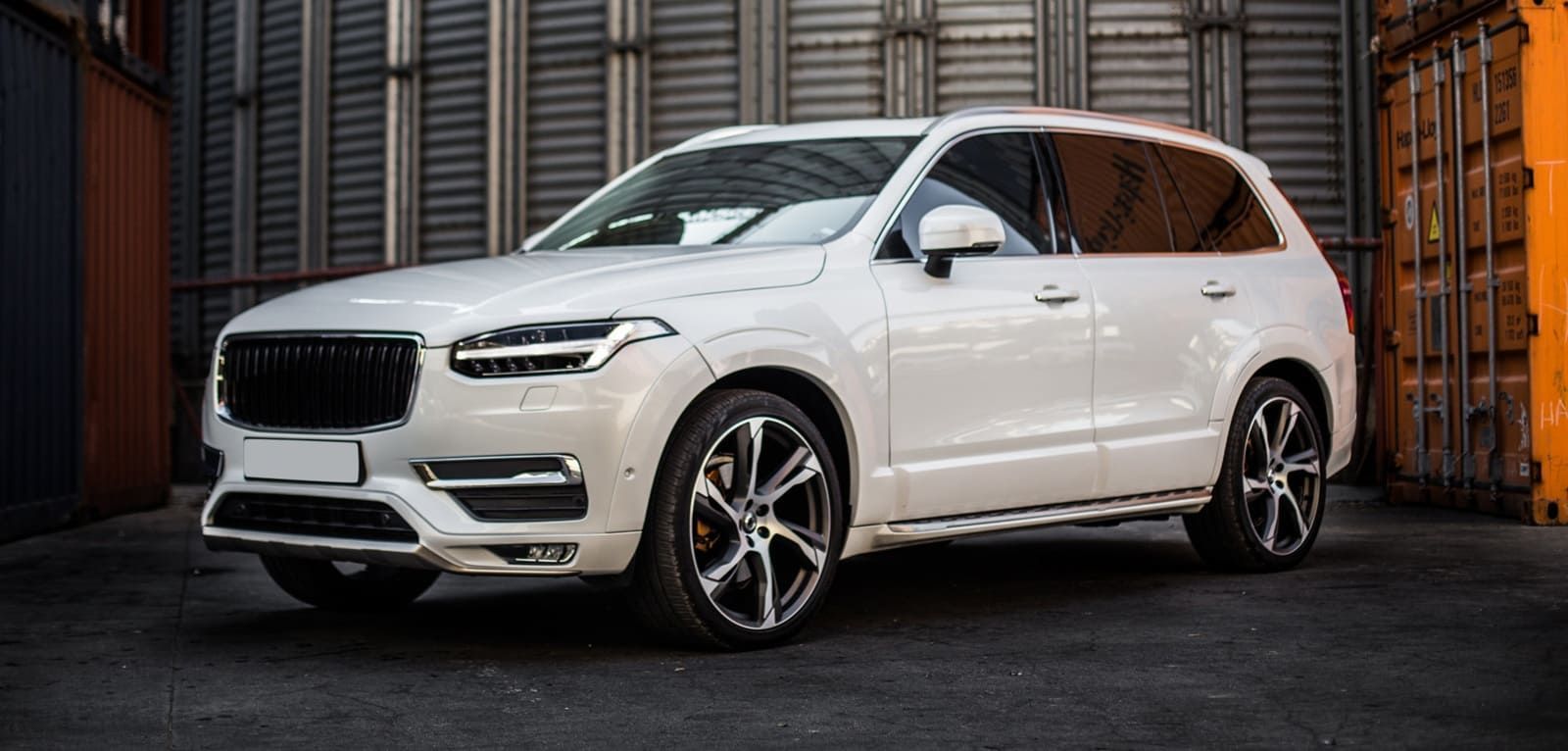
When to Replace Your Window Tint
Even with the best care, there will come a time when your car window tint needs to be replaced. Signs that it's time for a replacement include:
- Visible Fading: If the tint appears lighter or discolored, it may no longer provide adequate UV protection. Fading indicates that the tint is losing its effectiveness, and replacing it ensures continued protection for your vehicle's interior.
- Bubbling or Peeling: These are signs of adhesive failure and can obstruct your view. Bubbles and peeling not only compromise the tint's appearance but also its functionality, making replacement necessary to restore clarity and protection.
- Scratches or Damage: Physical damage to the tint can reduce its effectiveness and appearance. Scratches can weaken the film's structure, leading to further degradation. Replacing damaged tint maintains the vehicle's aesthetic and ensures optimal performance.
When replacing your tint, consider upgrading to a more durable option to ensure longer-lasting protection. Newer tint technologies offer enhanced benefits, providing better UV protection, heat rejection, and aesthetic appeal. Consulting with a professional can help you choose the best tint for your specific needs and conditions.
Conclusion
Car window tint provides numerous benefits, including UV protection, heat reduction, and enhanced privacy. At East Coast Tint Enterprise, proudly serving Roswell, GA, we offer high-quality window tint solutions designed for long-lasting performance and sleek aesthetics.
By understanding the factors that influence tint durability and practicing proper care, you can ensure your window tint lasts for many years. Long-lasting tint not only boosts your vehicle’s appearance but also enhances driving comfort and safety.
Whether you opt for dyed, metalized, carbon, or ceramic tint, investing in premium materials and professional installation from East Coast Tint Enterprise ensures you get the maximum value and performance.
Contact us today for your free estimate and expert recommendations tailored to your vehicle.
With the right choices and ongoing maintenance, window tint becomes a smart, enduring upgrade that keeps your car protected and looking great for the long haul.


